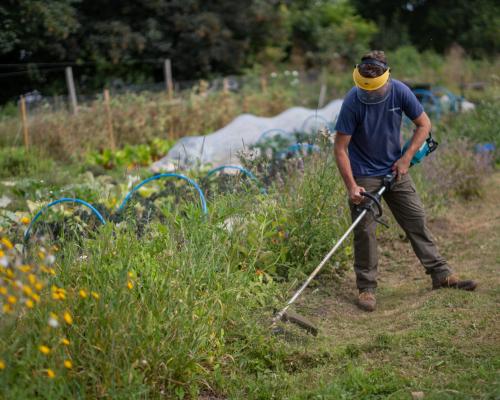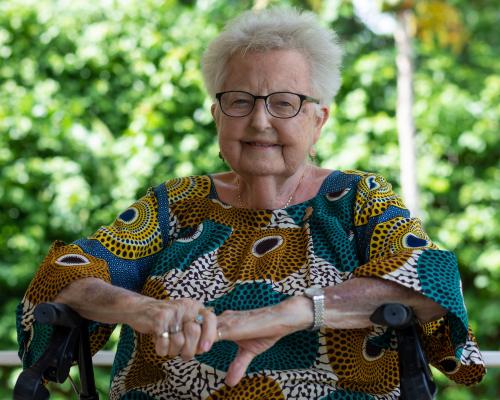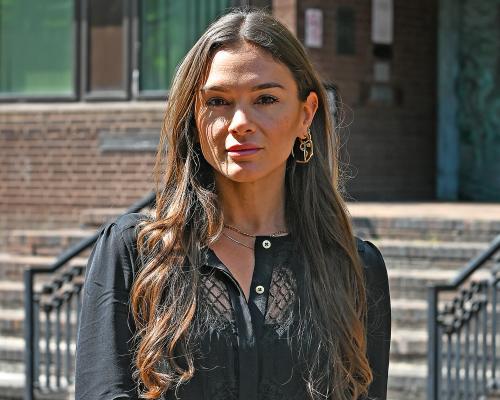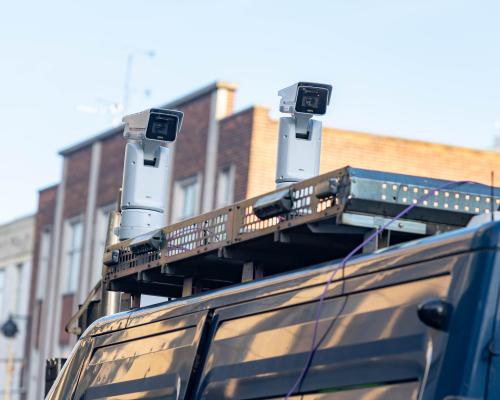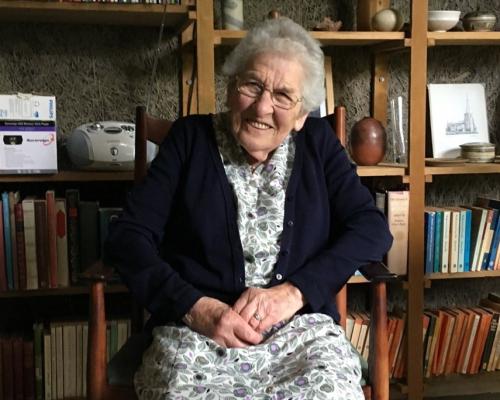
My mother, Alice Zeitlyn, who has died aged 100, was a charity volunteer for a huge range of causes in Cambridge, and the founder of the BB Zeitlyn Trust and Psychotherapy Training Fund, which continues to support trainee psychotherapists.
Depicted in an embroidered panel displayed in Cambridge Library celebrating “Cambridge Women 1918-2018”, Alice was made MBE in 2009 in recognition of her many volunteering activities.
Born in London to Josie (nee Davis), who had been a volunteer nurse during the first world war, and Frank Myers, who ran a building company, Alice went to South Hampstead high school in north London. After nursing training at University College hospital (1943-45), she worked at UCH, and also for a year in Quebec, in 1946.
In 1949 she married her childhood sweetheart, Bernard Zeitlyn, a psychiatrist and psychotherapist. They had a daughter, Judith, and two sons, Jonathan and me.
In 1957 the family moved to Cambridge for Bernard’s work, and Alice spent the next 20 years running the family home. After Bernard died in a cycling accident in 1979, Alice created the BB Zeitlyn Trust and Psychotherapy Training Fund. She also became a stalwart volunteer for and supporter of an enormous range of charities and arts institutions, including the Museum of Cambridge (formerly the Folk Museum), Kettle’s Yard, and Scope.
Having completed her first degree as an adult, in English and history at Cambridgeshire College of Arts and Technology (CCAT, now Anglia Ruskin University), in 1982, Alice continued her studies in how the experiences of mature students differed from those of 18-year-old undergraduates, gaining an MPhil in 1988. Following this research she helped to set up a creche at CCAT, which later awarded her an honorary fellowship (1993).
One of Alice’s fellow students was blind and had problems getting the braille texts he needed for the course so, in order to help him, Alice learned to read and write braille. This was long before automatic braille conversion or speaking computers. She continued to transcribe texts for the RNIB into the 1990s. Later, she taught braille to adults through Camsight, and also worked with Camtad (Campaign for Tackling Acquired Deafness). Her volunteering included changing hearing aid batteries: hard for people with visual disabilities, but easy for Alice whose fingers were kept nimble by her lifelong love of knitting. She was involved with several knitting groups and was until recently a member of the “Knits of the Round Table”, who support the Arthur Rank hospice.
Both reading and music were important in her life. She played the cello and piano, and delivered library books to those unable to visit a library. She, in turn, greatly appreciated this service during her final years.
Jonathan died in 1995. Alice is survived by Judith and me, two grandchildren and four great-grandchildren.

